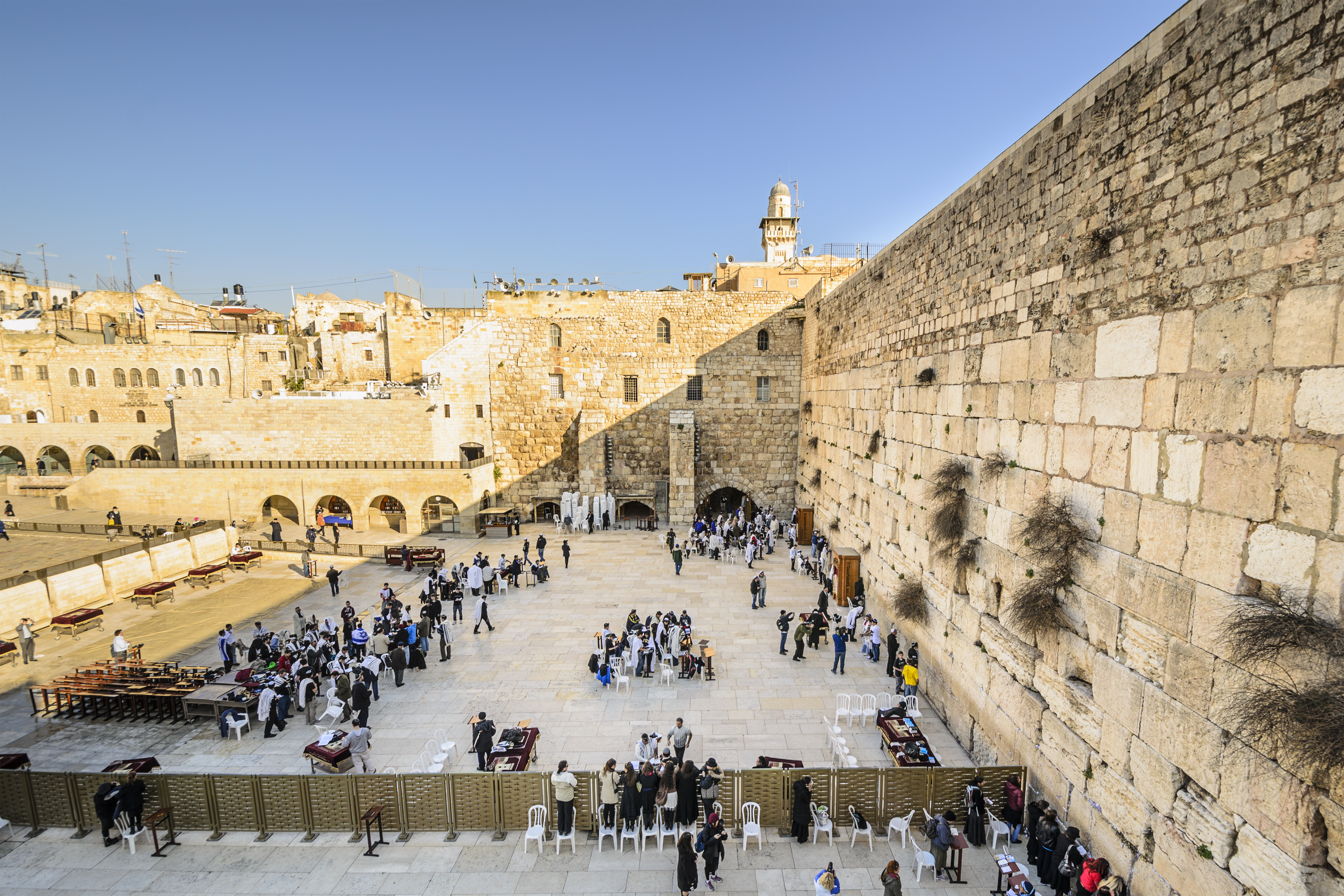Education Rejoicing as Family – Pluralism during the Holidays

By Rabbi Yossela Ote Director of Jewish Content for Shalem track of Year Course
Every so often we invite good friends for Shabbat meal. One time, a few years ago, after eating delicious food, having wonderful conversations, talking Torah, and singing songs, it was time for our guests to leave. When the meal was over, I accompanied them to their car and they drove back home. As I walked back inside I noticed my neighbor’s glare, as if to say, “Why bother? They are desecrating the holy Shabbat!” Before bed, my son turned to me and asked, “How can they drive back home if we aren’t allowed to drive on Shabbat?” I responded with a story. When I was his age in America I used to sit on the steps of my building and wish my non-Jewish neighbors “Shabbat Shalom” because most important is our respect and acceptance of others and not whether we practice in the same way.
Differences are everywhere; it is easy to forget that we were all created in the Divine image. Ultra-Orthodox schools see only one way to practice the faith. Too often Modern Orthodox, Conservative, and Reform Jews emphasize doctrinal disputes with each other, ignoring their shared ideological core. The secular crowd finds it difficult to relate to religious Jews of all stripes and their passion for seemingly nonsensical rituals. In the end these divisions distract us from a central tenet of Judaism, “כל ישראל ערבים זה לזה” All Jews are responsible for one another. It is up to each and every one of us to remember that pluralism is an essential part of Torah. As parents and educators we have the obligation to teach our children Ahavat Chinam – אהבת חינם, unconditional love. “V’ahavta l’reiacha kamocha,” we should be confident enough in our level of religious observance to embrace others in the way we would want to be loved.
The holidays, strategically positioned throughout the year, truly demonstrate our ability to connect and come together to celebrate our religion, our culture, and our customs. Every so often, Jews of all types, ages, and styles unite to rejoice and pray together as part of the Jewish nation. It is at those times that our feeling of camaraderie is tangible, our sense of national and religious pride heightened. Israel is a magical place. Israel, during the time of the chagim, even more.
Take Yom Kippur for example. Some might think I’m crazy, but Yom Kippur is my favorite holiday. There is something utterly raw, genuinely spiritual, and amazingly pure about this time. It is the one day a year when we are solely focused on connecting to God. No material distractions, no physical interruptions. We channel our entire selves, bodies and souls, towards the purpose of conversing with a higher power. The unique divine aura surrounding this day is enhanced by the fact that all Jews, religious and secular, put their differences aside and gather in synagogue together to pray before the gates of Heaven.
Soon after, the four species of Sukkot represent a similar message. Each of the four species has distinct features and special qualities. The etrog has taste and scent. The hadas has scent but no taste. The lulav has taste but no scent. The arava has neither taste nor scent. On this holiday they are assembled and used as one component, for each of these is fine separately, but when united, they form a greater entity, a synthesis of senses, a fusion of assorted attributes. They serve as a reminder that we can be gifted and skilled as individuals , but that together we form a stronger, superior unit.
On Chanuka and Purim we recreate times when Jewish people fought for their lives, sacrificed everything to allow our Jewish values to shine through, and on Pesach we once again invite strangers into our home, recognizing Jews of all colors, shapes, and sizes, to celebrate God’s miracles together. On the ninth of Av, the temple was destroyed because of baseless hatred (sinat chinam – שינת חינם). But in Elul we are given a chance to delve deep inside ourselves, repent, and on Rosh Hashana, start anew with the opposite of baseless hatred: unconditional love.
The period of sefirat ha’omer represents a turning point in our identity as a nation. We emerged from slavery in Egypt as a free people but had not yet received the Torah. Standing collectively at Sinai symbolized our unity. Despite our differences, we bonded as a family. When we mourn innocent lives lost in the Holocaust, memorialize soldiers who have fallen in our wars, and honor loved ones brutally murdered in terrorist attacks, we know that we are all brothers and sisters. We have all lost and we can all recover. We rejoice on Independence Day and celebrate Yom Yerushalayim as one.
We have the same shared history. We are people of the same nation. In an era so infatuated with hatred of the other, the least we can do is show active tolerance towards each other as members of one faith, one family. We value God by acknowledging diversity, by gladly and openly accepting all streams of Judaism into our homes and into our hearts. We can be models of unity and accord, inspiring others with our enthusiasm and welcoming embrace.
So, yes, I happily say “Shabbat Shalom” and “chag sameach” to my non-religious neighbors. I feel privileged to learn with religious and secular students who come here, to the core of Jewish existence, to grow spiritually, showing mutual admiration for Jews from all walks of life. I associate with people who don’t necessarily have the same customs or practice as I. We are friendly, loving, and good to each other. For, especially around the holidays, when we all commemorate the past and honor our Jewish heritage, we try our hardest to see in each other the divine spark and remember that although we differ, we are family.